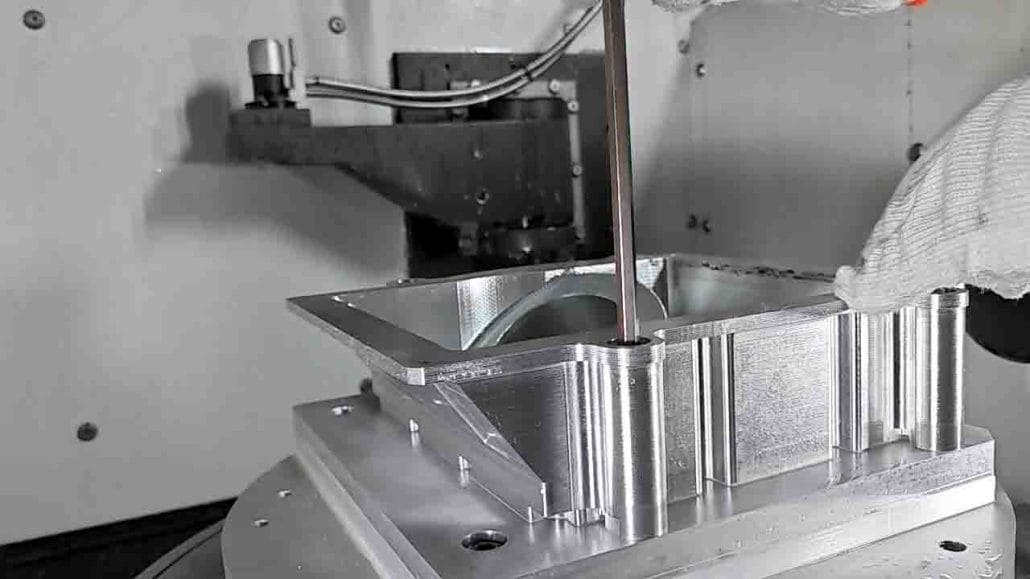CNC machining has revolutionized the manufacturing industry by allowing for precise and efficient production of complex parts. However, as with any manufacturing process, there are certain design considerations that should be taken into account to ensure the best results. In this article, we will explore some of the key design considerations when using CNC machining.
Material Selection
The first consideration is material selection. precision CNC machining can work with a wide variety of materials, including metals, plastics, and composites. However, each material has different properties that affect the machining process. For example, some materials may be more prone to warping or deformation during machining. Others may require different cutting speeds or tooling. Therefore, it is important to select the right material for the job and to consult with the CNC machining provider to ensure that the material is suitable for their equipment and processes.

Part Geometry
Another important consideration is part geometry. CNC machining can produce complex shapes and contours, but there are limits to what can be achieved. For example, sharp internal corners may be difficult to machine or may require additional steps to avoid tool breakage. Similarly, deep or narrow features may require specialized tooling or may be impossible to machine altogether. Therefore, it is important to design parts with CNC machining in mind and to consult with the machining provider to ensure that the part can be produced within their capabilities.
Tolerances and Surface Finish
Tolerances and surface finish are also important considerations. CNC machining can achieve very tight tolerances and high-quality surface finishes, but these factors can affect the cost and complexity of the machining process. Tighter tolerances may require more precise tooling or additional steps to ensure accuracy, while high-quality surface finishes may require additional polishing or finishing steps. Therefore, it is important to consider these factors when designing parts and to communicate the desired tolerances and surface finishes to the machining provider.
Tooling and Fixturing
Finally, tooling and fixturing are critical considerations in CNC machining. The right tooling can ensure efficient and accurate machining, while poor tooling can lead to errors, tool breakage, and poor surface finishes. Similarly, the right fixturing can ensure that parts are held securely and accurately during machining, while poor fixturing can lead to misalignment, errors, and poor tolerances. Therefore, it is important to work with a skilled cnc milling machining services provider who can provide the right tooling and fixturing for the job.
In conclusion, CNC machining is a powerful and versatile manufacturing process, but it requires careful consideration of material selection, part geometry, tolerances and surface finish, and tooling and fixturing. By working with a skilled machining provider and designing parts with these considerations in mind, manufacturers can achieve high-quality, efficient, and cost-effective production of complex parts.


